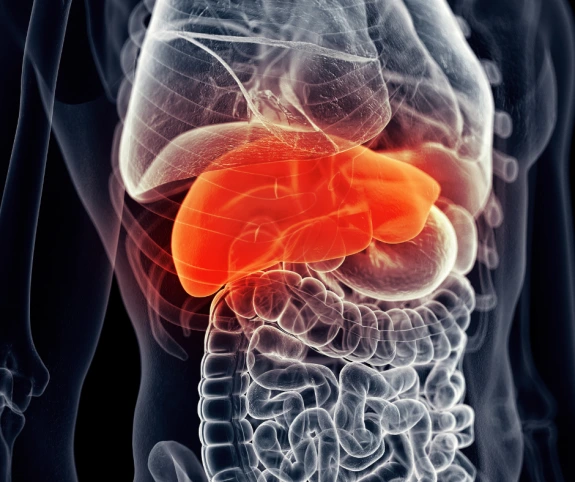
Genetic liver diseases include Wilson Disease, Hemochromatosis, and Alpha-1 Antitrypsin Deficiency and others. Genetic liver conditions are often rare and require lifelong care. Most genetic liver diseases do not present symptoms until the later stages. Symptoms can vary across different conditions, and it is possible to have a genetic liver disease without being aware of it. Often, these conditions do not manifest symptoms until later in life. Genetic liver diseases arise from gene variants, also known as mutations, that impair liver function. In Wilson disease, this leads to copper buildup in the liver. Hemochromatosis results in excessive iron accumulation, while alpha-1 antitrypsin deficiency causes damaging protein deposits in the liver. To develop these conditions, you must inherit the mutation from both parents.
Genetic liver conditions often have no cure, but treatment can help you feel your best and preserve liver function.
Diet
Wilson Disease: A diet low in copper-rich foods can help reduce copper accumulation in the liver.
Hemochromatosis: Avoiding iron-rich foods and vitamin C supplements, which enhance iron absorption, can help prevent iron overload.
Alpha-1 Antitrypsin Deficiency: While specific dietary restrictions are less defined, maintaining a healthy diet that supports overall liver health is crucial. This includes consuming adequate protein, healthy fats, and avoiding alcohol.
Blood Draws
Ongoing blood draws help relieve buildups of harmful substances.
Medication
Certain medications may ease symptoms or slow disease progression.
Liver Transplant
You may need a new liver if a genetic liver disease causes extensive damage.

